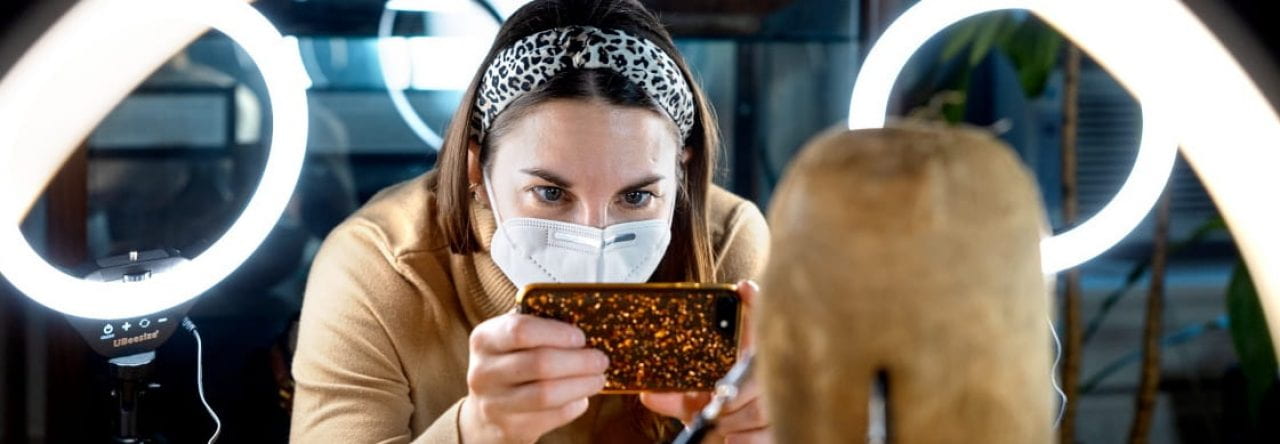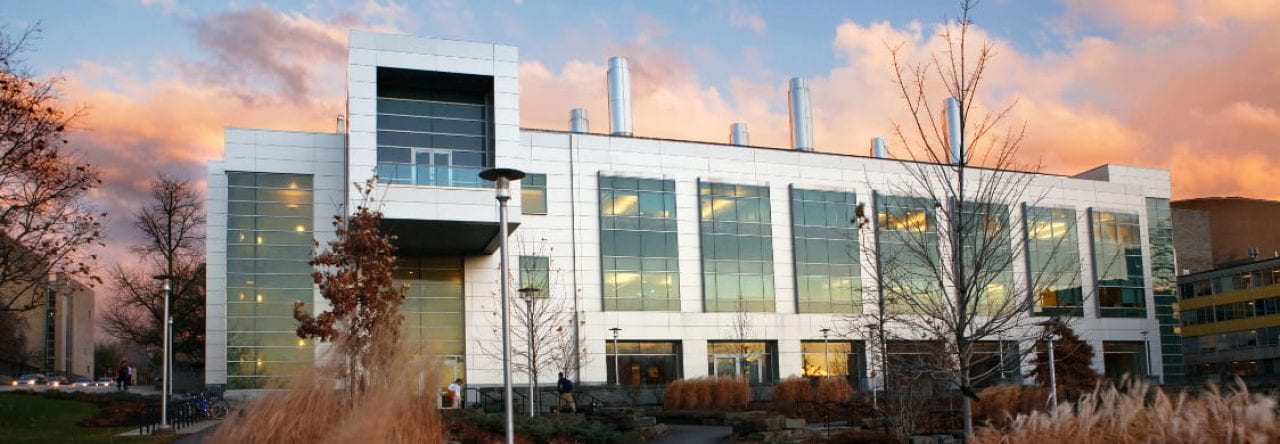Phoebe Sengers
Associate Professor
Information Science
Biography
Phoebe Sengers is a faculty member in Information Science and Science & Technology Studies at Cornell, where she leads the Culturally Embedded Computing group. She is a member of the field of Computer Science and is affiliated with Visual Studies and Art.
Dr. Sengers is a computer scientist and a cultural theorist, working primarily in Human-Computer Interaction and cultural studies of technology. She develops culturally embedded systems; i.e., new kinds of interactive technology that respond to and encourage critical reflection on the place of technology in culture. Specifically, she analyzes IT in the context of North American consumer culture and the rise of efficiency, productivity, and faith in technoscience as hegemonic cultural values. She uses insights from cultural analysis of IT to identify and rethink the assumptions underlying technologies, to build new applications for computing, and to develop new techniques for designing and evaluating technologies.
Dr. Sengers current research focuses on two core themes: (1) working towards sustainable IT design, with awareness of the central role that computing and other technologies play in consumer culture; (2) understanding the difference it makes in IT design to take the humanities and arts as central to our forms of knowledge production, in addition to science and engineering. A major component of her current work is a long-term design-ethnographic and historical study of sociotechnological change in the small, traditional fishing community of Change Islands, Newfoundland.
Previously, Dr. Sengers worked at the Media Arts Research Studies group at the German National Computer Science Research Center (GMD) in Bonn, Germany and she was a Fulbright Scholar at the Center for Art and Media Technology (ZKM) in Karlsruhe, Germany. In August 1998, she graduated from Carnegie Mellon University with a self-defined interdisciplinary Ph.D. in Artificial Intelligence and Cultural Theory (administered jointly by the Department of Computer Science and the Program in Literary and Cultural Theory).
Research Areas
- Critical Data Studies
- Human-Computer Interaction
- Infrastructure Studies
- Social Computing and Computer-supported Cooperative Work
- Technology and Equity
Education
- Ph.D. (Artificial Intelligence and Cultural Theory), Carnegie Mellon University, 1998
- B.S. (Computer Science), Johns Hopkins University, 1990





